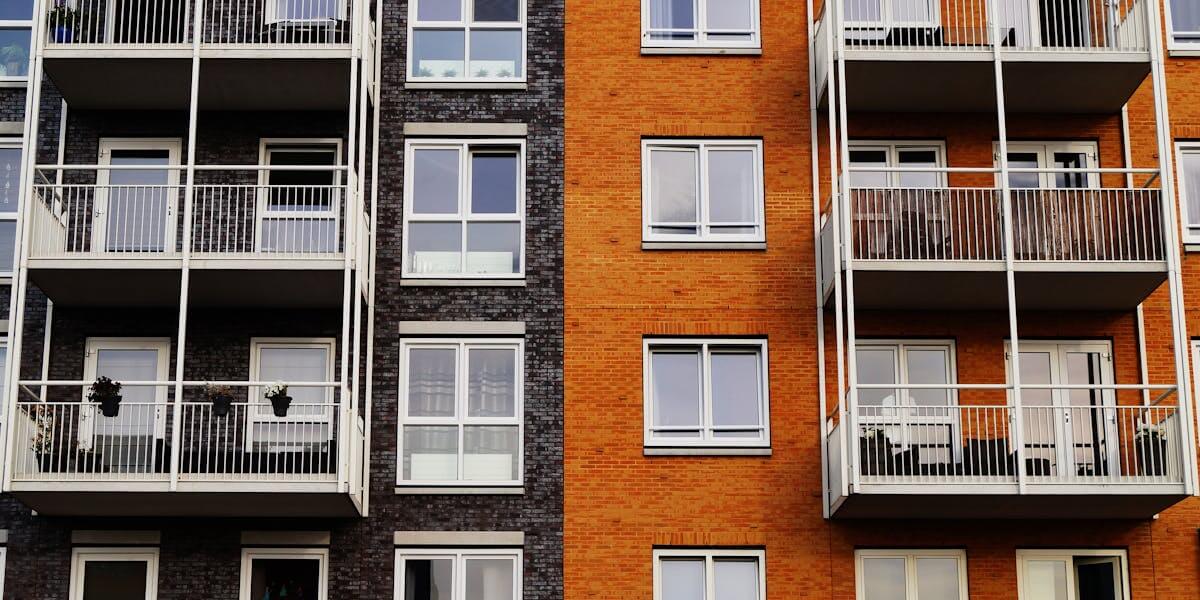Property ownership in New York can be complicated, especially when you choose to rent or leave your property empty for extended periods of time throughout the year. Specifically, issues of squatter’s rights have recently come into the limelight, as many horror stories have surfaced across the country of homeowners returning from a long vacation only to find a complete stranger comfortably sprawled out about their house.
While property title claims are rare, many squatters have been abusing legal loopholes in recent years in New York, costing property owners lots of money in legal fees and living rent-free during the lengthy court eviction process, often with no repercussions for the alleged squatter.
In an effort to protect property owners from the recent rise in squatter cases, the New York legislature has been pushing to introduce new laws to help crack down on squatting and give New York property owners another avenue to protect their assets and investments by making squatting illegal and offering more ways for property owners to evict squatters.
In the meantime, what should renters be aware of when it comes to squatting and squatter’s rights in New York State and City? What avenues would a homeowner have to defend their property? While there is no one-size-fits-all solution when it comes to dealing with delinquent tenants, understanding the basics of squatting in New York and what timeframes and information are needed to evict unwanted tenants is the best way to protect your property.
Ready to book your consultation? Click below to pay our consultation fee and book your meeting with an attorney today!
What is a Squatter? What are Squatter’s Rights in New York?
A squatter can be simply defined as someone who moves into a property and lives there without the expressed consent of the owner. In New York State, once someone has been able to successfully illegally occupy a property for 30 days or more, they are now entitled to what is called “Squatter’s Rights.” Once an individual has been able to meet that threshold, you, as the property owner, need to commence a removal action against them and can no longer simply use the police to remove the problem squatter.
While at first blush, this might seem like trespassing—which is often incorrectly correlated with a squatter—the main difference is that a squatter settles into the property with the intention of taking ownership or claim of the property. What makes things more complicated is that while courts will rule trespassing illegal, matters regarding squatters are often considered civil issues that will rely on the courts to evict the squatter, which often takes more time since they may have moved their belongings into the property to settle down.
A practical example of a squatter is when someone who has not rented a unit in their apartment building for a few months has a prospective tenant to show the property, only to find out that someone has been illegally occupying the property for an unknown period of time. That illegal occupant would be classified as a squatter under Real Property Actions and Proceedings Law. Under this law, the property owner would then need to serve the occupant with a 10-Day notice to vacate. After the 10 days have expired, the property owner will be able to commence a removal proceeding in their local town, village, or city court.
However, in New York, if a squatter lives on the property for at least 30 days, they are legally considered tenants and cannot be unilaterally evicted or evicted by the police, creating the need for a judicial eviction. If a landlord or property manager has a person removed wrongfully, they could file a civil suit against the landlord, leaving them on the hook to pay the victim back for multiple times the rent of the apartment, attorney fees, and court costs.
This all being said, dealing with a squatter is not as simple as one might think, and doing so requires careful thought and consideration to avoid these costly and unwanted legal battles.
New Legislation Takes Aim to Weaken Squatters Rights Claims
Two pieces of legislation are currently in committee that, if passed, could shift power back to the landlords in squatter rights cases: Assembly Bill A6894 and Senate Bill S8867.
Senate Bill S8867, introduced by Sen. Mario Mattera, would seek to add an “expedient method whereby a property owner, by the mere submission of a sworn complaint to a police officer attesting to certain facts, can immediately cause a squatter or other unauthorized person to be evicted from residential real property by a police officer without court intervention.”
Assembly Bill A6894, sponsored by New York State Rep. Jake Blumencranz, seeks to amend the definition of a tenant to exclude squatters, thereby making squatting a criminal offense—reclassifying it as criminal trespassing in the third degree. Additionally, it seeks to extend the time period for tenancy rights to take effect from 30 days to 45 days of possession.
While both bills are still in committee, these actions indicate that New York might be looking to crack down on squatters looking to exploit these legal loopholes and live rent-free during the lengthy eviction court processes.
Ready to book your consultation? Click below to pay our consultation fee and book your meeting with an attorney today!
Key Takeaways
Ultimately, protecting your property against squatters and trespassers comes down to attentiveness and diligence. While situations will rarely escalate to someone claiming the title of the property, nobody wants someone living on their property without paying rent or attaining proper approval.
To start the eviction process or to learn more about how to remove squatters from properties in New York, consider speaking with proper legal counsel familiar with the nuances of New York’s eviction laws today.
Ryan J. McCall is a senior associate at Tully Rinckey PLLC and focuses his practice on family law, real estate, business formation, and cryptocurrency matters. Ryan specializes in representing landlords who have to reclaim their property as well as defending landlords against code violations. He can be reached at 8885294543 or at info@tullylegal.com.








